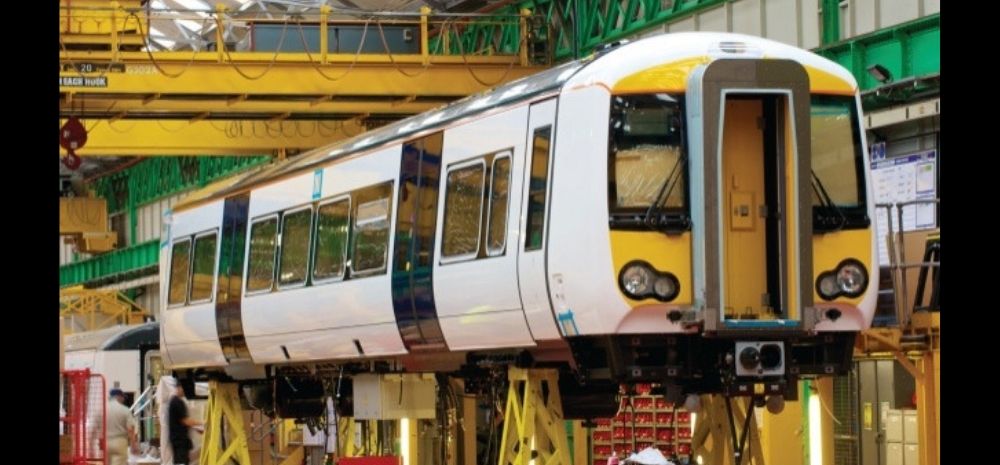FASTags Like RFIDs For Every Railways Coach, Engine Confirmed: Find Out Why?

A Smart move has been undertaken as a ‘Make in India’ initiative by the Centre for Railway Information Systems (CRIS), the IT arm of the national transporter which ensures that the Indian Railways and freight wagons to be RFID-tagged by 2021.
The Railway Board has sanctioned two works for the implementation of the RFID project worth a total of Rs 112.96 crore.
According to the statistics, due to this initiative Indian Railways has been included in the league of leaders with respect to Automatic Identification and Data Collection (AIDC) technology in the railway sector.
What does an RFID tag do?
An RFID (Radio Frequency Identification) tag is essentially an electronic tag that can exchange data with an RFID reader through radio waves in order to track any item or in this case trains.
Why RFID Tags For Indian Railways?
The Indian Railways have opted for field-tested GIAI-202 standard as GIAI202 encoded tags, designed by CRIS which can read data at a speed of 182.7 km per hour.
Piyush Goyal, Minister of Indian Railways has decided this system fits to accurately and automatically track the railways and wagons in the railway network. This will include RFID tagged 3,50,000 coaches and wagons by 2021.
According to the reports, as of now nearly 22,000 wagons and 1,200 coaches have been equipped with RFID tags.
In addition to this, roughly 3,500 RFID readers will be installed which will communicate to central control center using GS1’s low-level reader protocol (LLRP) standard.
More Control For Indian Railways With RFIDs
Rajesh Agarwal, a member of Rolling Stock, Railway Board said, “This technology will help track each of its coaches and wagons as a result of which they can be suitable deployed in a timely manner wherever necessary.”
This system includes the integration of RFID readers armed with tools like trackside condition monitoring equipment, train presence detectors, etc. The RFID tag will also provide wagon number, information about the wagon including its history. This aims to reduce the network congestion, avoid connectivity issues and ensure a better utilisation of assets.
This incentive is bound to help identify the required maintenance of and look into the reliability of the rolling stock. This is a major leap for the Indian Railways to condition-based maintenance from a time-based maintenance.

Comments are closed, but trackbacks and pingbacks are open.